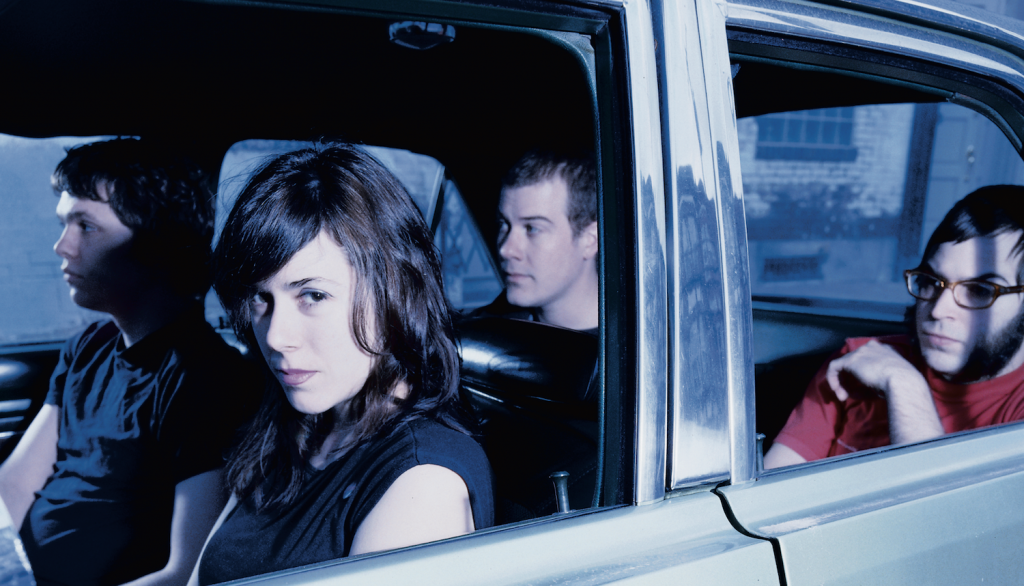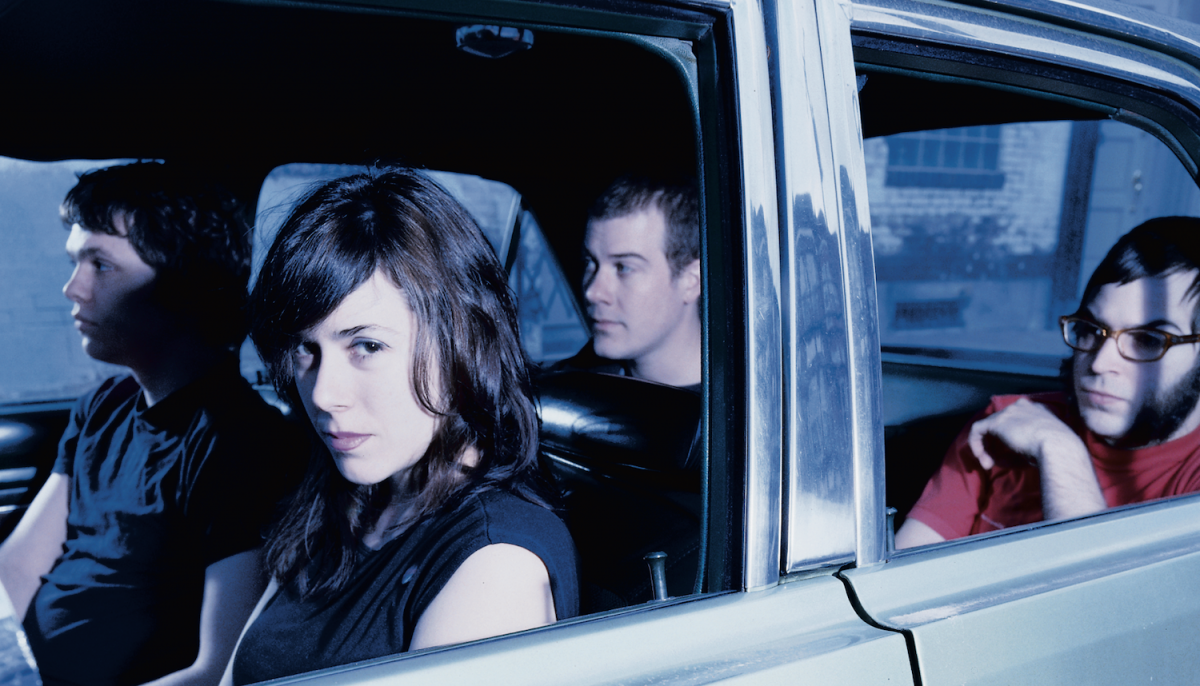
The underground rock scene in your average mid-sized American city is a bubble of incestuous behavior that often begets the one-band-per-genre syndrome. Memphis is a reliably average mid-sized American city, but that it has only one band like the Lost Sounds is a blessing, because there may not be a locale, anywhere, that could handle two. While the group could be labeled new wave or post-punk, these terms only scratch the surface. Conjure a coed VSS with equal parts Norwegian black metal and the B-52’s and you’ve mentally glimpsed the Lost Sounds.
The band was formed in 1999 by Alicja Trout (formerly of the Clears and the Fitts) and boyfriend Jay Lindsey as a side project of his notorious Reatards: a garage-punk disaster magnet whose live antics got them banned from entire European countries. When the Reatards dissolved, the Lost Sounds became a full-time concern, and after a couple of singles and 2000 debut Memphis Is Dead, people started to show up at the band’s performances. The album’s title reflects a hometown cynicism that’s been present in the group’s music ever since.
“There are cons about living here,” says Lindsey. “People tend to have the misconception that if an indie label puts your record out and you tour regularly, you have somehow ‘made it.’ OK, if eating 99-cent White Castles in the middle of the night on the road is ‘making it,’ then I guess they’re right. If you aren’t immediately garage- or blues-oriented, a lot of people in Memphis will ignore you.”
“There’s also an instant jealousy or contempt if you’re going somewhere outside of the city with your music,” says Trout.
Settling on the semi-stable lineup of singers/guitarists/keyboardists Trout and Lindsey, guitarist/bassist Jonas Garland, drummer Rich Crook, bassist John Acosta and cellist Jonathan Kirksey, the Lost Sounds issued 2001’s Black-Wave and the recent Rat Brains & Microchips (both on Empty), which place the band in some gray area between metal, the thematic influence of the distinctly Southern “horror rap” craze and a thickened post-punk/new wave that’s more in line with Oneida than the skeletal, groove-oriented Liars.
“I enjoy a lot of local hip hop, like the Three 6 Mafia,” says Trout, who’s sitting in her living room while a music video by metal band Emperor plays in the background. “I bought the new Queens Of The Stone Age because I couldn’t think of anything else to buy, and I like the Piranhas.”
“I like the new Interpol record, whatever that means,” says Lindsey. “I think that my dream collaboration would be a record with the guy in the Three 6 Mafia who has a malformed hand.”
The Lost Sounds take the stage with more energy than most bands leave it. As they blindly tear through the country and your record collection without a care as to what passes as rock in epicenters like Detroit and Brooklyn, the Lost Sounds will show you a darker, more horrifying post-punk.
—Andrew Earles






